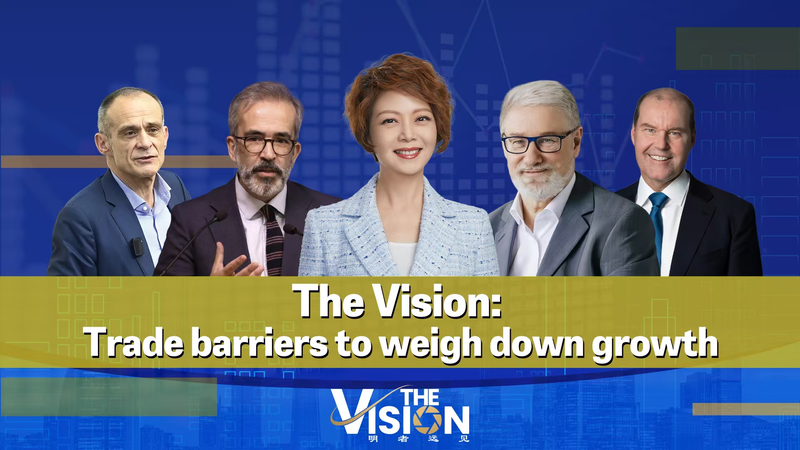On April 2, the Trump administration rolled out a new “reciprocal tariffs” policy to match other countries’ levies dollar for dollar. Aimed at leveling the playing field, this move has stirred debate among political and business leaders worldwide.
Critics warn that raising trade barriers during a fragile economic recovery could disrupt interconnected supply chains. With production networks spanning multiple countries, even modest tariff hikes can lead to delays and higher costs for both manufacturers and consumers.
Analysts point to past trade conflicts, noting that similar measures triggered dips in trade volumes and clouded growth forecasts. For emerging markets and established economies alike, unpredictable tariffs add uncertainty, potentially deterring investment and slowing innovation.
As discussions heat up, entrepreneurs, investors, and changemakers face a critical question: can global commerce adapt, or will new barriers stall progress? At stake is not just profit but the stability of a recovery still finding its footing.
Reference(s):
cgtn.com




